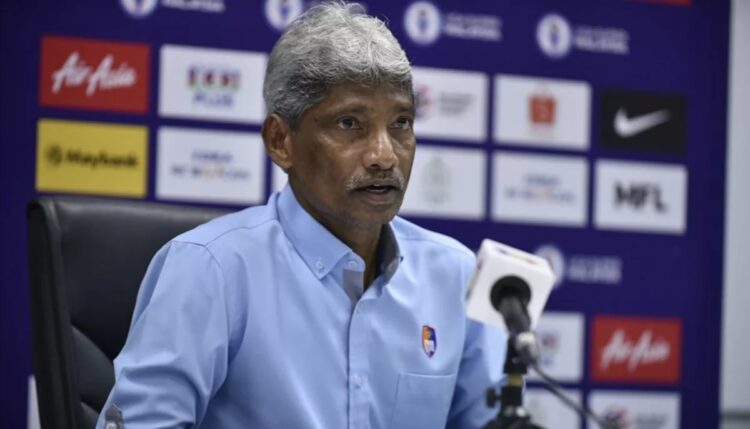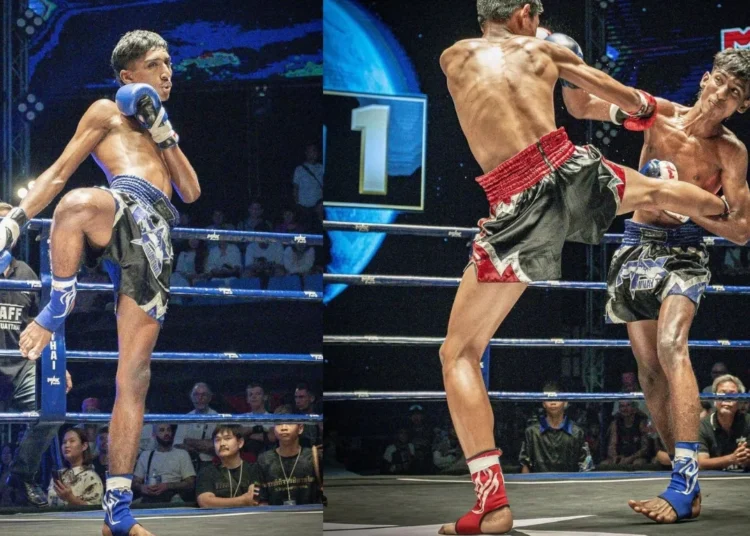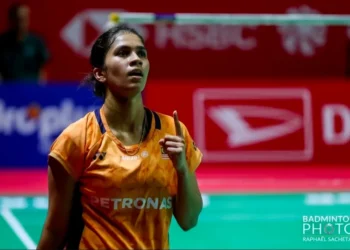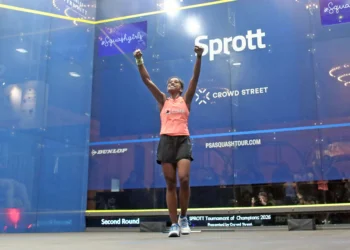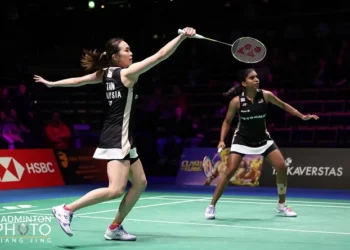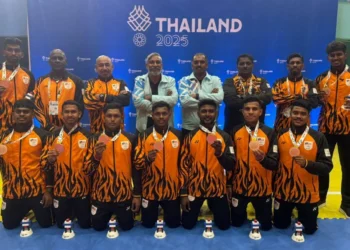The once-prominent Harimau Muda programme, long discontinued, is now back in the spotlight as a proposed solution for Malaysia’s persistent challenges in developing young football talent. Its revival is being strongly advocated in the wake of the national Under-23 team’s disappointing early elimination from the recent AFF Championship in Indonesia.
Launched in 2007 by the Football Association of Malaysia (FAM) and discontinued in 2015, the Harimau Muda programme nurtured a golden generation of players who went on to secure back-to-back SEA Games gold medals in 2009 and 2011. Many from that talented crop also formed the backbone of the national team that famously clinched the 2010 AFF Cup — now recognised as the ASEAN Cup.
Former Harimau Malaya head coach Datuk K. Rajagobal, a pivotal figure in the programme’s success, emphasised the need for young players to gain consistent exposure to top-tier competition.
“I firmly believe the authorities should seriously consider reviving the programme,” said Rajagopal, widely recognised as the most successful coach in Malaysia’s national team history.
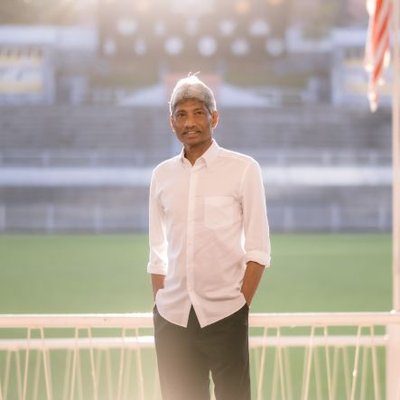
“It started with the Under-16 and Under-18 squads at the sports school level. Our aim was to give them greater competitive exposure, and with the support of Datuk Redzuan Sheikh Ahmad and Khairy Jamaluddin, we were able to make it happen,” Rajagobal said.
He reminisced about Harimau Muda’s entry into the 2007–08 Malaysian Premier League, where they finished eighth in their debut season before going on to win the title in 2009, all without relying on foreign players.
“In 2009, we captured the SEA Games gold medal in Laos, followed by the 2010 AFF Cup triumph. Many of those players were also part of the squad that won gold again at the 2011 SEA Games in Indonesia. They went on to form the backbone of the national team for many years,” he added.
Despite its achievements, the Harimau Muda programme was eventually discontinued, citing escalating operational costs, a dip in performance, challenges in integrating with the domestic league, and a strategic shift towards the National Football Development Programme (NFDP).
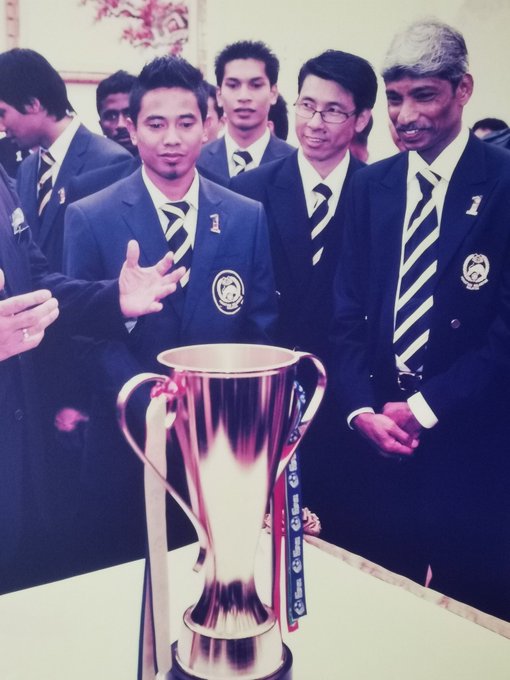
While supportive of its revival, Rajagobal acknowledged that running such a programme would be far from straightforward.
“The logistics and monitoring are not straightforward. These are young players, with some still in school, so a strong support system is essential. It’s not just about operations; adaptability and proper planning are crucial,” he explained.
On Monday, former national coach Datuk Ong Kim Swee also voiced his support for the idea, noting that young Malaysian players are no longer getting sufficient quality game time in the nation’s top-tier competitions.
As calls for the return of Harimau Muda grow louder, the debate now rests on whether Malaysia is ready to invest once again in a centralised youth development project of such scale. Supporters like Rajagobal and Ong believe it could be the catalyst to restore Malaysia’s footballing pride, but acknowledge that without careful planning, strong infrastructure, and sustainable funding, history could repeat itself. The decision lies with the football authorities and with the nation’s future talent hanging in the balance, the stakes could not be higher.
Source: NST
Follow us on Instagram, Facebook or Telegram for more updates and breaking news.


